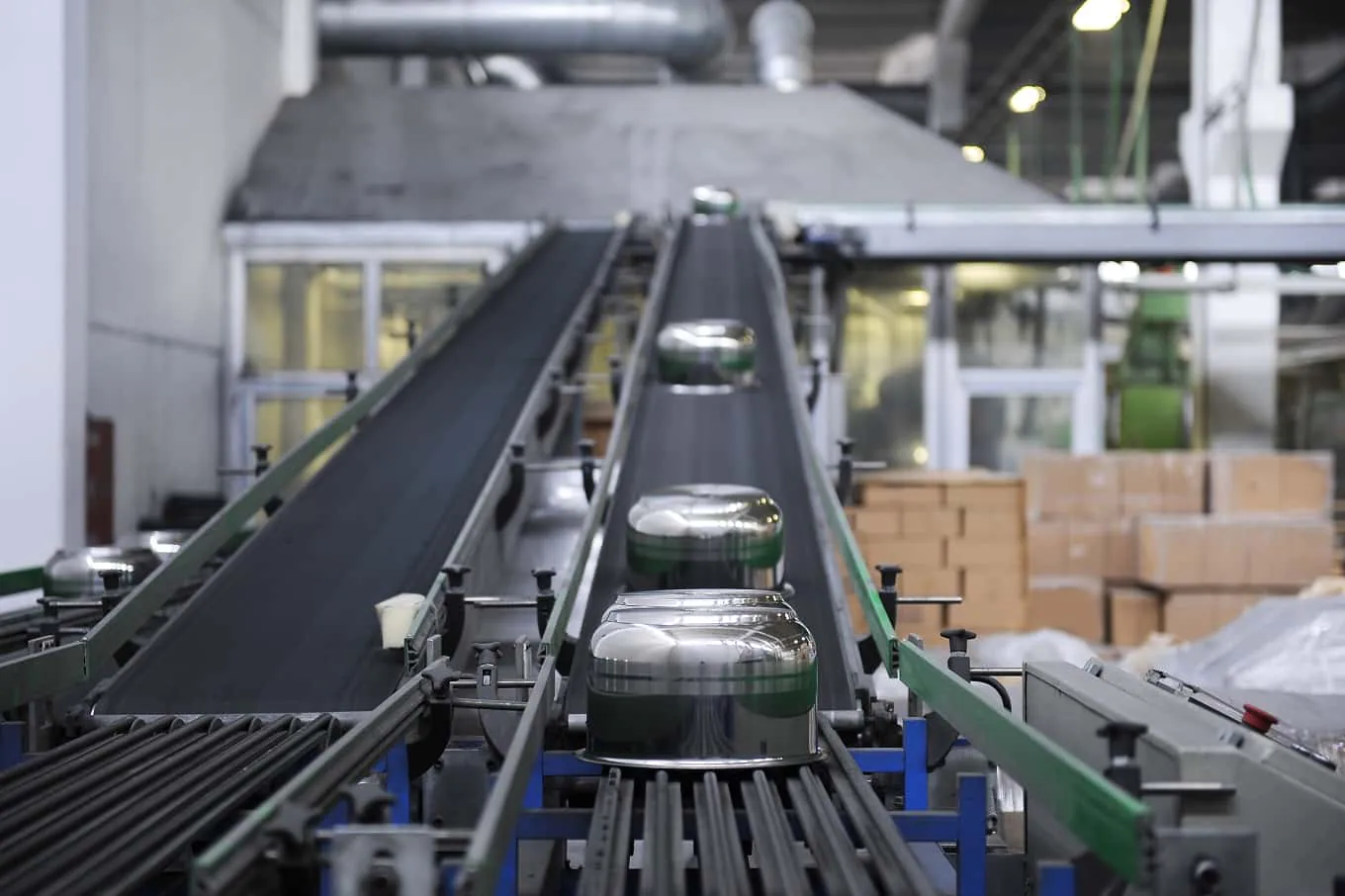
Important logistics processes in production
Logistics plays a key role in production, ensuring the efficiency and profitability of companies. It is an integral part of the supply chain, and its proper management allows for the improvement of the entire production process. Today, we will discuss its most important aspects within this focus.
Production planning
Production planning is a key element of logistics in manufacturing companies. This process includes forecasting the demand for products, scheduling tasks, and optimizing the use of resources. This means that companies are better able to adapt to changing market conditions and increase their competitiveness. An important aspect of planning is demand forecasting, which allows you to predict what quantities of products will be needed on the market at a given time.
Inventory management
Inventory management is another important element of production logistics. This process involves monitoring and controlling the amount of raw materials, semi-finished products, and finished products in stock. Various strategies are used, including B. Just-in-time (JIT) systems or the EOQ (Economic Order Quantity) method. The JIT system is based on minimizing inventories by delivering raw materials and components exactly when they are needed. The EOQ method, on the other hand, determines the optimal order size, which minimizes the total costs associated with ordering and storing materials.
Internal transport
Internal transport plays a key role in production logistics and affects the efficiency of the flow of materials and products in the company. Well-organized transport allows for faster and more efficient movement of products between different departments of the company. To ensure a smooth flow of materials, various transport methods are used, such as forklifts, belt conveyors or automated systems. The choice of the appropriate method depends on the specifics of production and the needs of the company.
storage
Storage is an important aspect of logistics in the production process, which significantly affects productivity. Proper inventory management allows for maintaining an optimal level of inventory and quick and efficient execution of warehouse operations. As part of the storage strategy, various methods are used, such as: B. Block storage, racking systems or automatic storage systems. The choice of appropriate storage technology depends on the type of goods stored, the available space in the facility and the needs of the company.